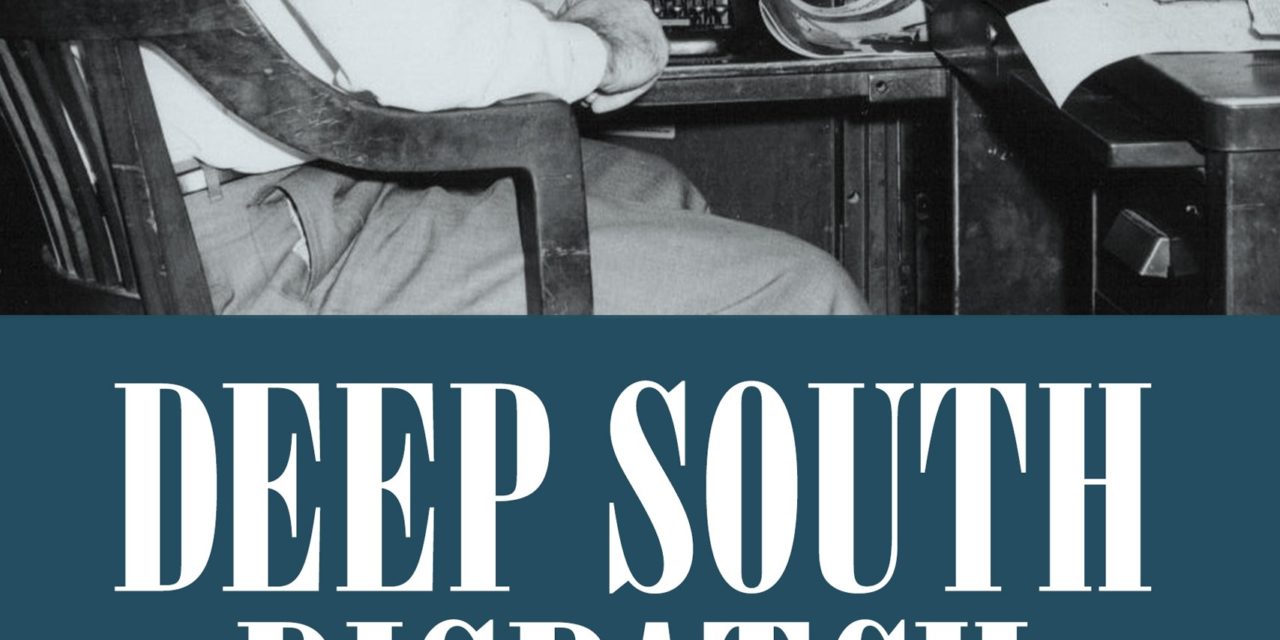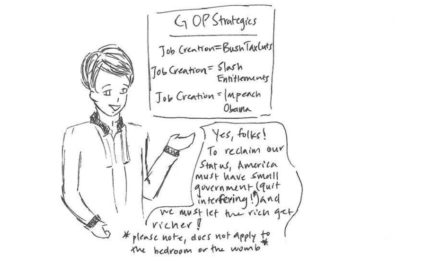Accomplished civil rights journalist John Herbers (49C) had just one college professor who suggested that racial oppression in the South might be worth examining. It wasn’t on the minds of his history or sociology professors, who brushed over the hints of accumulating resistance to segregation and the traction Gunnar Myrdal’s “An American Dilemma” had been gaining since 1944, according to Herbers. Back then, Emory offered no African American studies or literature courses, but the University did offer courses in journalism. This was convenient for Herbers, who confesses in his memoir “Deep South Dispatch” that his stabs at fiction writing were utterly “not promising.”
The candor Herbers infuses throughout his memoir, released April 10, just over a year after his death, reflects the nothing-to-lose, sh*t-has-already-hit-the-fan fearlessness that drove him to spend years straddling the sidelines of civil rights demonstrations, brawls, trials and verdicts. He’s unapologetic in his assertions but fair in his recollections: assemblages of oral histories, books and broadsheets informed by his scribbles in the pocket-sized notebooks he used on reporting stints. In many cases, Herbers writes, he only made notes of names and dates. He couldn’t forget what he saw, even if he tried.
Early in his memoir, Herbers recalls a song he heard on the family radio as a child. Irving Berlin lyrics permeated his home from the Memphis WMC station, he writes, and “conjured up images of what delicious sadness in the world awaited me.” As he later prepared to graduate from Emory, where he majored in journalism and Pulitzer Prize winner Claude Sitton (49C) edited his articles for The Emory Wheel, Herbers nearly conceded to thoughts of outgoing journalists whom he believed had enough “bravado” to dominate the field. But many journalists were introverts, like him. The opportunity to engage in objective service slapped away his apprehension. He took a reporting gig with the Morning Star in Greenwood, Miss., that paid $42.50 a week.
Greenwood stunned Herbers. He found stories of racial unrest that had been consuming local front lines but that he, his parents and his professors hadn’t recognized. Herbers admits to the bursts of ignorance he felt as he stood witness to racially targeted acts of violence for the first time in his life. This naivete had largely blown over by the time the United Press and, later, the New York Times, picked him up as a reporter.
Herbers was there when a jury tried and acquitted two white men of murdering Emmett Till; he was there just hours after Lee Harvey Oswald fired three shots at President John F. Kennedy and Texas Gov. John B. Connally Jr. from the sixth floor of a book depository, according to his memoir. He was also present when back-to-back hung juries could not acquit or convict Byron De La Beckwith Jr., a white fertilizer salesman and Ku Klux Klan (KKK) enthusiast, for the murder of Medgar Evers, a black civil rights activist.
During the second trial over Evers’ death, which garnered an 8-4 vote for conviction, Herbers reported that 75 of Beckwith’s fellow KKK members clogged the front rows of the courtroom to intimidate witnesses. “I was surprised that Klansmen could stay awake during the trial because the night before they had burned 10 crosses in Jackson neighborhoods,” he writes.
Herbers taps into cold, hard truths to link each chapter of his memoir, a spectacular yet relatable story of conflicting identities. While he dissects a handful of landmark events he’s covered, he also takes readers with him on the fleeting, frequent tangents of introspection that haunted his career. He describes how “awkward and intrusive” he felt as he waited for Claude and Gertrude Wesley to open their front door so he could interview them. Hours earlier, a bomb had ripped through the Sixteenth Street Baptist Church in Birmingham, Ala., and killed four girls. Fourteen-year-old Cynthia Wesley, Claude and Gertrude’s daughter, was one of them.
Herbers masterfully strings together 36 years of challenge, pain, dirt, glamor, risk and reward. He jumps from sipping orange juice and iced tea at a rendezvous with a “short and beefy” Martin Luther King Jr. to a brief stint as confidant for the illiterate Holsted “Hoss” Manucy, whose infamous and armed “Raiders” would later surround Herbers’ St. Augustine motel and drive away him, his wife Betty and his four daughters. Herbers makes a point to argue he couldn’t have done his job without Betty, Claudia, Mary, Jill or Anne, who became a journalist herself and who would help her father edit and publish his memoir.
His journalism career made its final stop in Washington, D.C., where Herbers examined civil rights legislation and white flight. But he was always drawn to the deep South and its cyclical stories of oppression and resistance. “Ultimately, we as a nation did not live up to the goals of achieving racial equity,” he writes. He was probably one of the only people on Earth qualified to make that judgment.
Grade: A
emily.sullivan@emory.edu | Emily Sullivan (18C) is from Blue Bell, Pa., majoring in international studies and minoring in ethics. She served most recently as news editor. Last summer, she interned with Atlanta Magazine. Emily dances whenever she can and is interested in the relationship between journalism and human rights issues.






